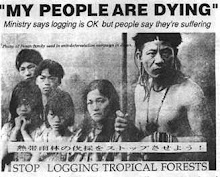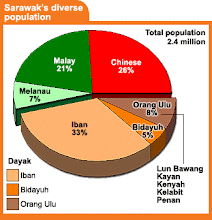Contradictions in land development schemes: the case of joint ventures in Sarawak, Malaysia
Abstract
Landowners and the private investors often have contradictory interests in joint ventures. Although development planners sometimes believe that government can harmonise these contradictions, state interests in development often lead them to support the interests of private capital. While joint ventures may be useful ways of pooling human, material and financial resources, this article draws on a case study of two pilot joint venture oil palm schemes in Sarawak, Malaysia, to show that the legal construction and administration of native customary land rights generate lower results for landowners than they do for the private sector. Information and power asymmetries constrain the ability of affected natives to realise fair benefits under a joint venture arrangement. When institutional constraints that give a measure of protection to native rights and interests are dismantled in the rush to establish commercial plantations for example, an unregulated market can be detrimental to landowners’ rights and long–term interests.
This article is cited by:
- Philip S. Morrison, Warwick E. Murray and Dimbab Ngidang. (2006) Promoting indigenous entrepreneurship through small-scale contract farming: The poultry sector in Sarawak, Malaysia. Singapore Journal of Tropical Geography 27:2, 191–206
- T. S. Hansen, O. Mertz. (2006) Extinction or adaptation? Three decades of change in shifting cultivation in Sarawak, Malaysia. Land Degradation & Development 17:2, 135
- Uffe Nielsen, Ole Mertz, Gabriel Tonga Noweg. (2006) The Rationality of Shifting Cultivation Systems: Labor Productivity Revisited. Human Ecology 34:2, 201















































































No comments:
Post a Comment